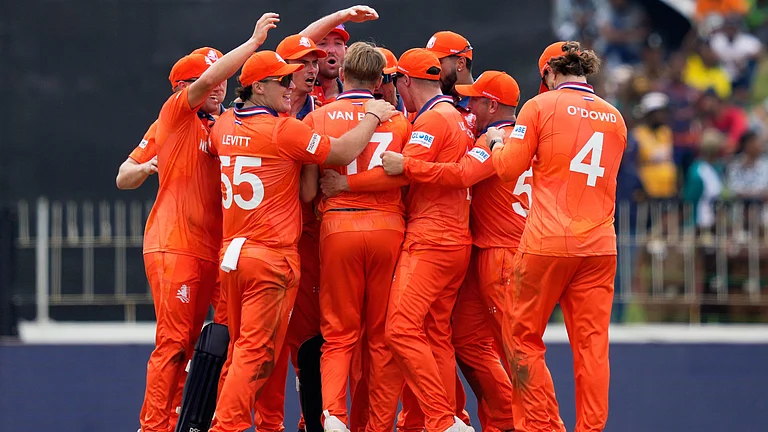The FAQs Of The N-Ayatollahs
- Will the delivery of American nuclear technology or fuel free up indigenous Indian nuclear fuel for its weapons programme?
- What verifiable restrictions on India’s use of its own fuel will the US insist upon?
- What kind of IAEA safeguards will be applied to Indian civil nuclear facilities?
- Will the US be able to determine independently which Indian facilities are civil and which are military?
- Does US consider India’s 1974 explosion, in which US heavy water was used in the production of the bomb’s plutonium, a violation of the sale agreement between India and the US?
- Will the deal have a negative impact on attempts to stop Iran and North Korea from pursuing their own nuclear programmes?
- How will China’s assistance to Pakistan’s nuclear programme be affected?
- Could the deal stimulate China and Pakistan’s production of nuclear weapons material or even weapons?
- Why has Washington chosen India for preferential treatment? Has it found out whether others are interested in civilian nuclear cooperation on terms similar to India?
- How will the US administration respond should China or Russia want to forge a nuclear deal with their preferred political or commercial partners?
In a recent letter, the group of 18 urges Congress to "consider the full implications of the proposed agreement" and pursue "additional stipulations that might result in a positive outcome to the US and international security". Both the countries fear additional obligations would scupper the agreement. In a recent interview, Indian ambassador Ronen Sen warned that any move by the US Congress to alter the agreement could undermine the "finely balanced" deal.
Authors of the letter, however, explain their motive is to mount pressure on Congress to seek from Bush "key details" of the agreement, about which there isn’t much clarity outside the government. They advocate closer ties between India and the US, but caution this shouldn’t compromise American efforts to prevent the proliferation of the world’s most dangerous weapons. "Unfortunately," the letter-writers say, "the proposal for civil nuclear cooperation with India poses far-reaching and potentially adverse implications for US nuclear non-proliferation objectives and promises to do little in the long run to bring India into closer alignment with other US strategic objectives."
The group of 18 urges members of Congress to ask a number of questions.
- Is there any prospect that there could be a negative impact on attempts to stop Iran and North Korea from obtaining assistance for their nuclear programmes?
- How will assistance to Pakistan’s nuclear programme by China and others be affected by this proposal?
- Is there any evidence of Indian violations since 1998 of US and other export laws involving nuclear weapons-related technology and/or delivery systems?
- How reliable is India as a nuclear trading partner based on its past record and how might the proposed deal affect efforts to stop trade to and from states of concern (for instance, rogue states)?
- Will the delivery of US nuclear fuel for the reactors in India free up indigenous nuclear fuel for its weapons programme?
- Does the administration consider India’s 1974 nuclear explosion—in which US heavy water was used in the production of the bomb’s plutonium—a violation of the Indo-US sale agreement?
- Could such an action damage the nuclear non-proliferation treaty (NPT) and Washington’s ability to help enforce compliance with it?

























